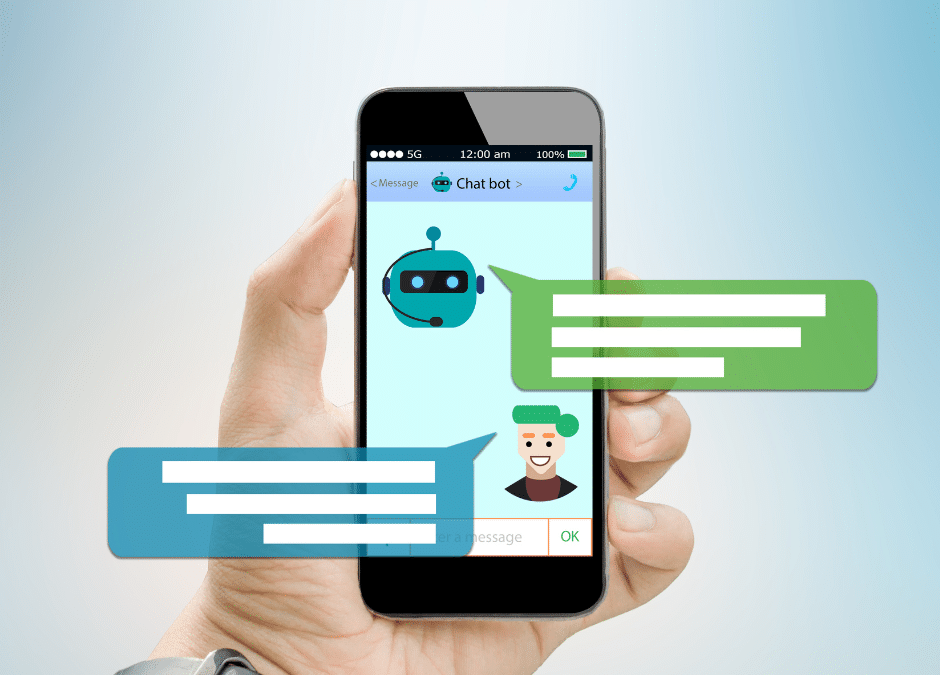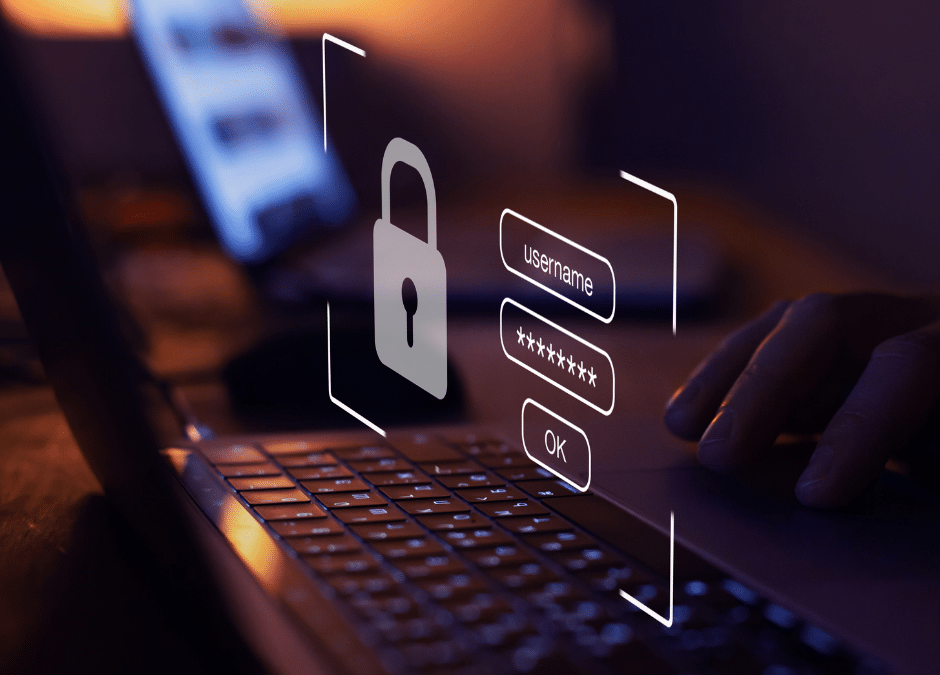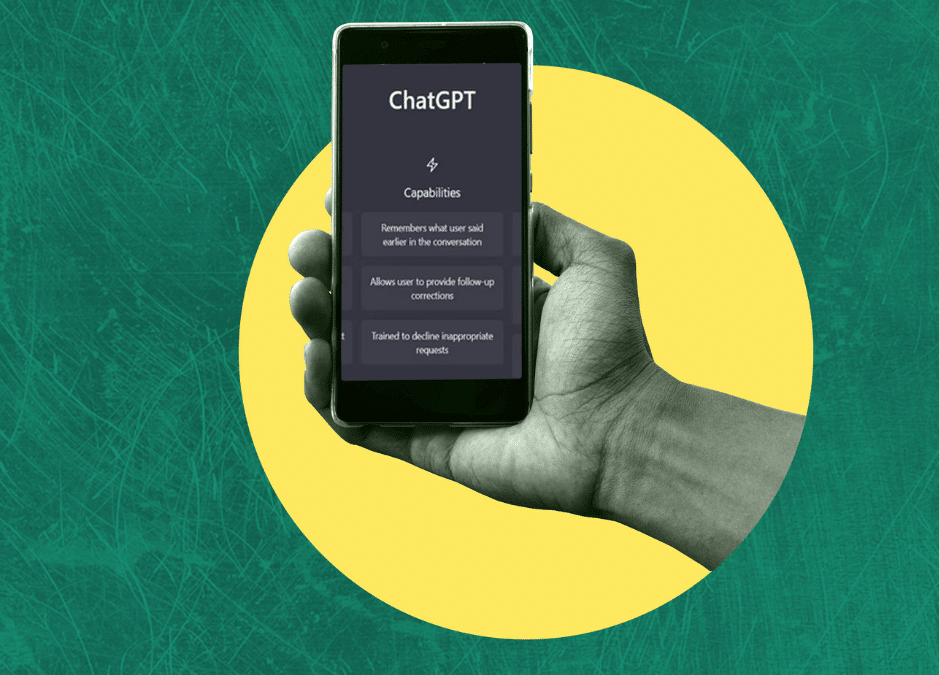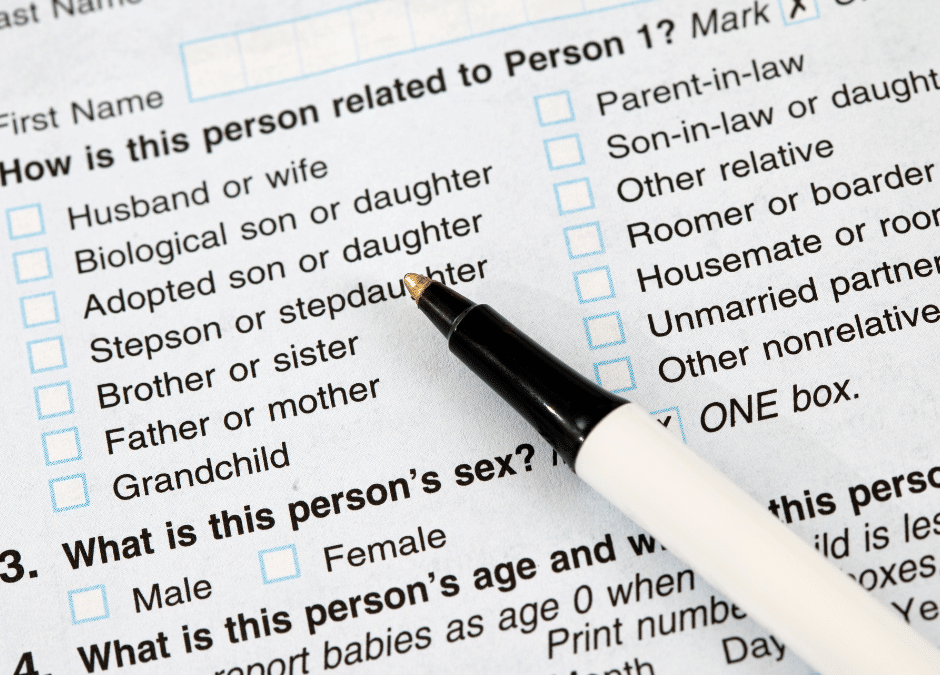
The 5 Most Key Takeaways from This Weblog
- Psychological-health bots, that are A.I. chatbots that may have therapeutic conversations with folks, have been getting some high-profile publicity this yr.
- A part of the enchantment right here is that utilizing a chatbot could also be extra inexpensive for sure sufferers who could also be priced out by privatized mental-health care. One other potential utility could be utilizing a mental-health bot as one thing like a supplementary instrument for a affected person already in human-to-human mental-health care.
- One outstanding instance of a mental-health bot is “Woebot”, which CBS’ program 60 Minutes has lined.
- Issues surrounding all the idea of mental-health-specialist chatbots embody whether or not chatbots’ proclivity for hallucination (i.e., making stuff up or giving faulty info) might find yourself doing any quantity of hurt to sufferers.
- Psychological-health practices might want to closely weigh the professionals and cons, with the particularly thorny authorized concern of who ought to be thought of liable if there’s a longtime connection between a chatbot’s dialog with a affected person and dangerous affected person conduct.
Psychological-health Specialists Should Ask If It Is Price Making an attempt
The fourth bullet level of the Key Takeaways part above raises the attention-grabbing what-if.
That being, what if mental-health chatbots find yourself having the ability to assist a variety of sufferers?
Sure, however there’s additionally a risk that these bots assist many sufferers, however at the price of some sufferers ending up worse off than earlier than utilizing the bot.
If you’re a mental-health care supplier toying round with the concept of implementing any of the rising chatbot stars in psychological well being, then you will have to significantly take into account the opportunity of that what-if taking part in out in your follow.
Questions which are actually not totally answered by the present authorized system of America encompass this concern, reminiscent of what if the affected person commits a dangerous act, self-directed or in any other case, with an evidently robust hyperlink to conversations held with a chatbot that provided “hallucinated” recommendation that no skilled mental-health practitioners of their proper thoughts would ever give? (E.g., “Sprinting down the freeway in darkish garments in the midst of the evening may very well be a superb approach to relieve your anxiousness, [insert patient name here]. Is there anything you wish to chat about right this moment?)
And if a follow has sufficient in-house moral issues vis-à-vis patient-treatment options, then the potential authorized mires that such an implementation could result in are just the start of the troubles.
One massive consideration right here is, is implementing an A.I. system with such dangers one thing {that a} follow ought to even trouble with within the first place?
A loaded query, sure, however maybe take into account another points of this know-how. There are professionals and cons to the implementation, which can pop up within the textual content under, the place we take into account the power of chatbots to individualize conversations based mostly on affected person information.
Personalization in Psychological-health A.I. Options
One of many appeals of implementing a chatbot for mental-health practitioners is that the A.I. could be fed information about particular sufferers.
That approach, you may supply automated conversations with sufferers which are really patient-centric, on an individualized degree.
So as an alternative of extra common recommendation that chatbots lengthen to every affected person, personalization permits the chatbot to particularly practice itself to speak with a sure particular person.
For sufferers, this will certainly make the chats really feel extra private and doubtlessly useful, even.
Is Faultless Chatbot Confidentiality Attainable?
After all, this all invitations justifiable issues about patient-doctor confidentiality.
Sure, post-Freud there has at all times been the picture of mental-health practitioners scribbling affected person notes onto a authorized pad. Personal information in doubtlessly legible handwriting.
And within the twenty first century, display recordings of telehealth appointments. Often the affected person consents to those earlier than any recording occurs, however it’s one other instance of how not all info shared throughout a session is completely saved within the psychological reminiscence banks of the contributors. (Be aware that not all mental-health practices do display recordings, as some practices utterly eschew it.)
However except some exterior get together have been to search out or steal one in all these pads or entry the telehealth recording, underneath the belief of the mental-health practitioner being reliable then these conversations must be entre nous, w/r/t affected person and practitioner.
However giving such private information to a chatbot intuitively strikes most of us as being fairly completely different. Right here, you aren’t solely giving confidential info to a pc system, however a pc system that talks. Talks to different sufferers, and who is aware of what number of sufferers a follow could have?
Sure, sure, data-privacy practices and all that will probably be put in place, however no system is completely hermetic, and the unpredictability of hallucination in chatbots ought to give many practices pause when contemplating the opportunity of privileged info resurfacing in one other chat. Or being present in a ransomware hack.













